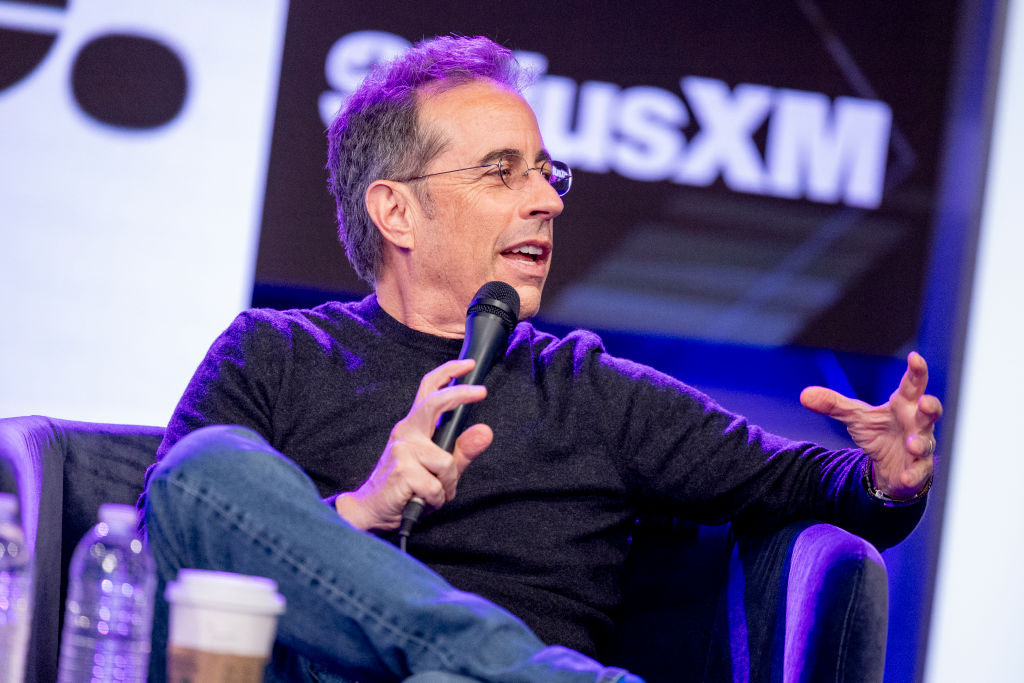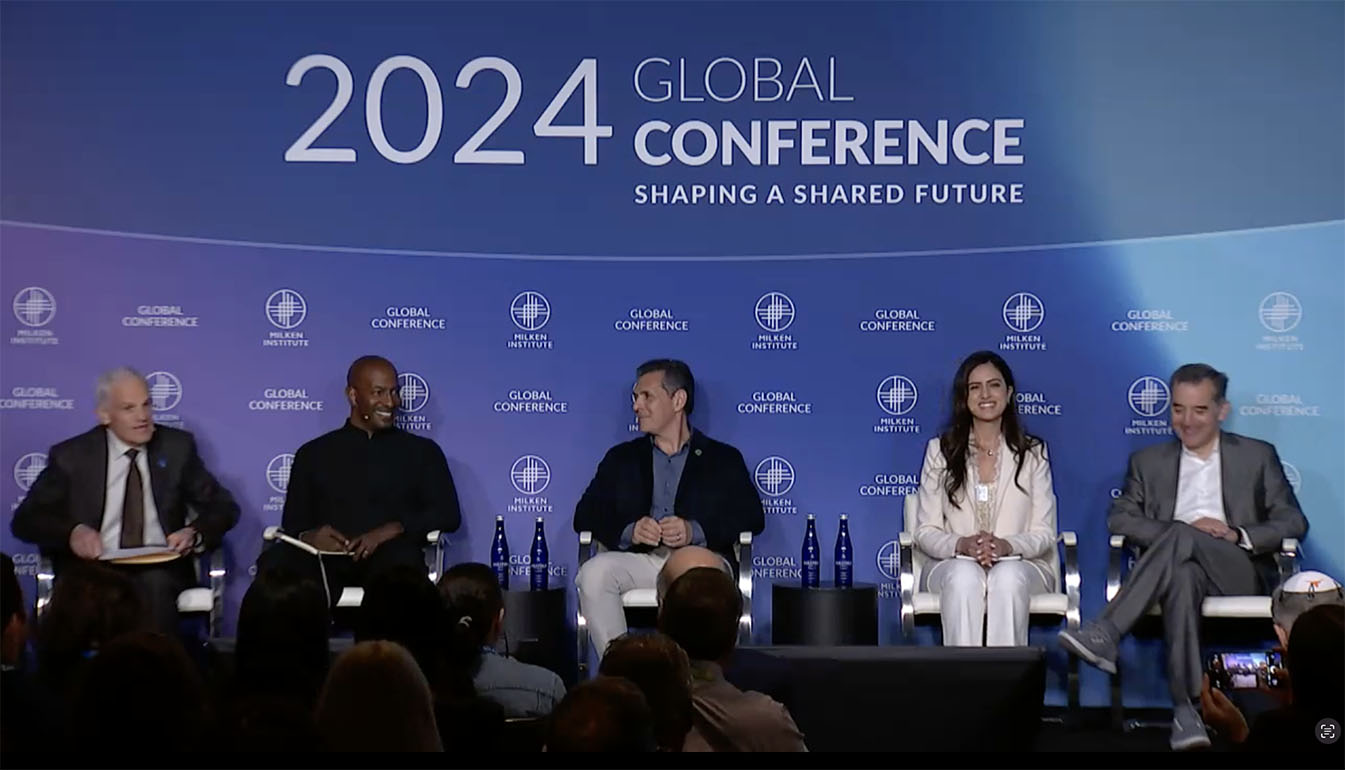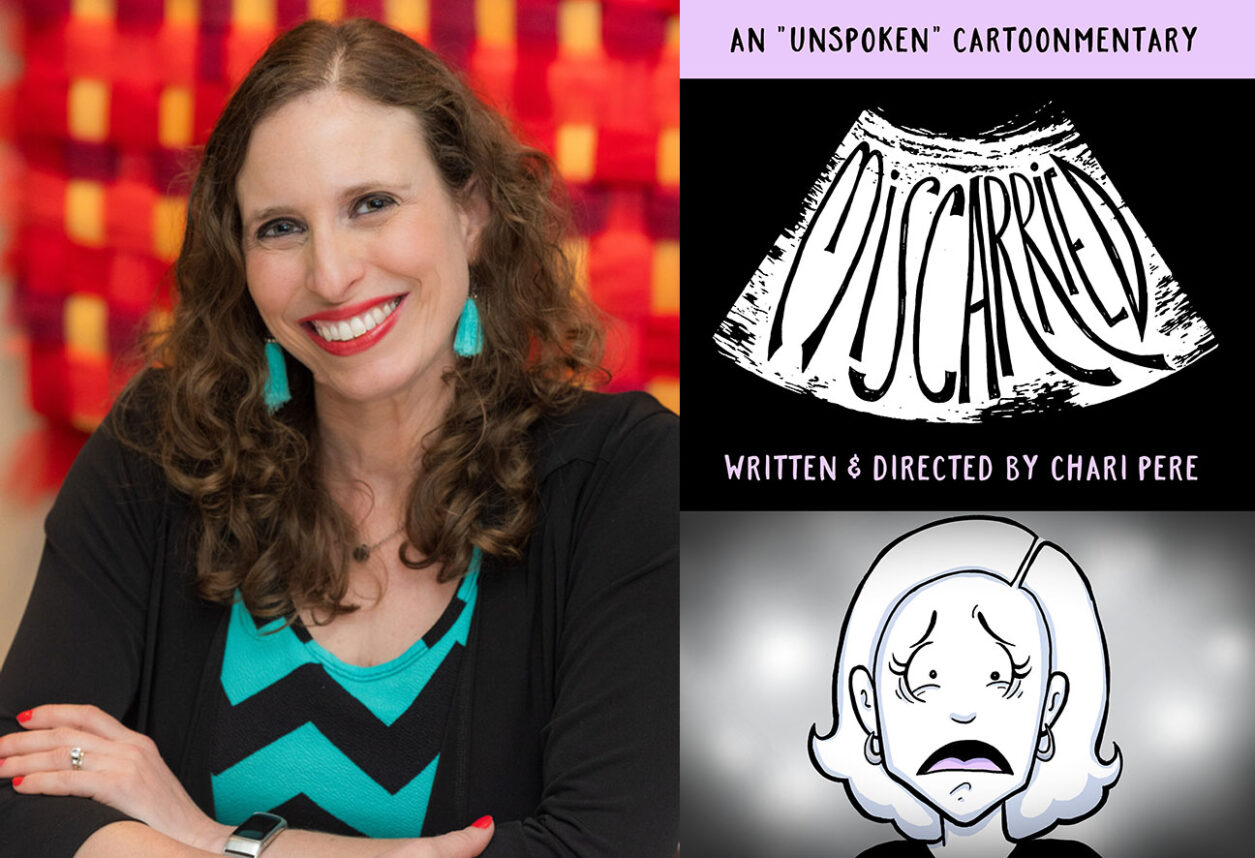There are statements in our literature by the early Brethren that we have interpreted to mean that the Negroes would not receive the priesthood in mortality. I have said the same things, and people write me letters and say, “You said such and such, and how is it now that we do such and such?” All I can say is that it is time disbelieving people repented and got in line and believed in a living, modern prophet. Forget everything that I have said, or what President Brigham Young or George Q. Cannon or whoever has said in days past that is contrary to the present revelation. We spoke with a limited understanding and without the light and knowledge that now has come into the world.
It doesn't make a particle of difference what anybody ever said about the Negro matter before the first day of June 1978. It is a new day and a new arrangement, and the Lord has now given the revelation that sheds light out into the world on this subject. As to any slivers of light or any particles of darkness of the past, we forget about them. We now do what meridian Israel did when the Lord said the gospel should go to the Gentiles. We forget all the statements that limited the gospel to the house of Israel, and we start going to the Gentiles. — Bruce R. McKonkie (Mormon apostle)
I was contacted recently by a foreign journalist who wanted to know why all of Mitt Romney’s senior advisors and staff members were white. Was it part of a general Mormon insensitivity to blacks and other minorities, she wondered? Or evidence of personal prejudices he secretly harbors? While I admitted that all of the people I know who are working on Mitt’s campaign are white, I expressed considerable doubt that this was a reflection of racial bigotry or prejudice. I then referred her to Mitt’s campaign for further comment, since I am not affiliated in any way with Romney’s White House run. Upon further reflection, I realized that her questions reflected popular perceptions of the LDS Church and blacks in this country that may not be accurate. It is with a little trepidation that I now address the issue of blacks and the LDS priesthood, one which has had a profound effect on my own life.
The first Mormon prophet in modern times, Joseph Smith, made no racial distinctions among members. Several black men were ordained to the priesthood during his lifetime, and towards the end of his life he held abolitionist views. In fact, his platform in the U.S. presidential election of 1844 called for the freeing of slaves by 1850 through the sale of public lands.
Smith’s successor, Brigham Young, brought the Saints to Utah and established a theocracy. Mormons believe that all prophets, ancient or modern, are called to do certain things upon the earth, and that this “American Moses” led his people to the Intermountain West under divine inspiration. Indeed, Brigham Young’s sole contribution to the LDS scriptural canon is a revelation (Doctrine and Covenants 136) on how to organize the Saints for the westward trek.
Like most people throughout history, Brigham Young held contemporary views on race, views that my readers and I might find repugnant. As early as 1849, he stated his belief that Cain’s seed were cursed with blackness and with a denial of the priesthood. This belief was institutionalized following Young’s address to a joint session of the Utah Territorial Legislature on February 5, 1852, in which he declared as a church doctrine (“true eternal principles the Lord Almighty has ordained”) the principle of denial of the priesthood to blacks, together with any governing role in a secular government or civil society. That same year the Utah legislature passed a law permitting slavery in the territory. The prohibition on blacks’ ordination to the priesthood remained in effect until 1978, when church leaders lifted the ban.
How, you may ask, can any intelligent Mormon accept this? Several theological principles are applicable here. First of all, there is certainly precedent in scripture for denial of the priesthood and other privileges to ethnic groups based entirely on their lineage. According to the Hebrew Bible, the only men on earth who could be ordained as priests were the direct descendants of Aaron, who just happened to be Moses’s brother. I’m sure that many Israelite tongues were wagging centuries ago about nepotism and favoritism when it came to the priesthood, but for those of us who take the Bible literally, we have to accept that this was somehow God’s will. No detailed explanation is given in the Torah for this restriction. In addition, the New Testament teaches that the preaching of the Christian Gospel was restricted to Jews during the life of Jesus. It wasn’t until after his death that Peter, the head of the church, had a dream that authorized him to take his message to Gentiles as well. It is this latter prohibition, a temporary one, that most closely approximates the LDS temporary prohibition on blacks and the priesthood.
Second, if one buys the assertion of irreligious pundits like Bill Maher and Lawrence O’Donnell that the ban was enacted by a racist church, then one has to conclude that eleven presidents of the church – Brigham Young, John Taylor, Wilford Woodruff, Lorenzo Snow, Joseph F. Smith, Heber J. Grant, George Albert Smith, David O. McKay, Joseph Fielding Smith, Harold B. Lee, and Spencer W. Kimball (the latter at least until 1978)– were a cabal of white supremacists acting to keep the proverbial black man down. Since the president/prophet is the presiding high priest in the church and has the final say in matters of the priesthood, the Maher crowd has to believe that these men, known for their decades of selfless service to people around the world, denied the priesthood to blacks just for the heck of it.
It is impossible for any believing Mormon to buy this. As with many things relating to the priesthood, the reason has to do with Elijah. When his time on earth drew to a close, his disciple Elisha asked if he could receive a double portion of his spirit (2 Kings 2:9). Elijah doesn’t promise him anything, but says that if Elisha witnesses his ascension to heaven, he will receive his mantle (2 Kings 2:10). In other words, the decision was God’s, not his. For Mormons, this means that no prophet, no matter how great, has the authority to manipulate the priesthood according to his own personal desires. The priesthood is God’s, and He directs how His church will use it to help mankind. Any Mormon who claims that the priesthood ban was a product of racism, not revelation, has to assert at the same time that God is not guiding our prophets.
It is true that Brigham Young and two other Church presidents (John Taylor and Joseph Fielding Smith) made what we would consider to be anti-black statements, and that other Church leaders have made objectionable statements on race. However, none of these statements is doctrinal in nature. Only three official statements on this issue have been issued by top church officials. The first, dated August 17, 1949, asserted that the temporary denial of the priesthood (“at the present time”) was a direct commandment from God. It also quoted another church president as stating that “The day will come when all that race will be redeemed and possess all the blessings which we now have.” It ended by pointing to our pre-earth life as the origin of the priesthood ban.
In 1969, top church leaders issued a statement on the “Rights of the Negro” that expressed support for the constitutional rights of blacks and their status as children of a common God and common parents Adam and Eve. [Indeed, the oft-repeated notion that Mormons believe that blacks don’t have souls is utter nonsense]. At the same time, it affirmed the priesthood ban, which was enacted “for reasons which we believe are known to God, but which He has not made fully known to man.” The prophet at the time, David O. McKay, stated: “The seeming discrimination by the Church toward the Negro is not something which originated with man; but goes back into the beginning with God….Revelation assures us that this plan antedates man's mortal existence, extending back to man's pre-existent state.” President McKay added, hopefully, “Sometime in God's eternal plan, the Negro will be given the right to hold the priesthood.”
The third official statement was the 1978 announcement of the lifting of the priesthood ban. It came just in time for me. My mother had joined the church, but refused to let her kids be baptized until the church did something about the ban. She didn’t want to have to explain to her biracial son why all of the other boys in his age group at church were getting ordained as deacons, but he wasn’t. Our LDS neighbor came running over to our house that June day in 1978, and my life changed forever. A few months later I was baptized, and I was ordained a deacon the next year.
Any group of 14 million people is bound to have some bigots in it, and the LDS Church is no exception. Years ago, a stake president (regional leader) told me to my face over dinner – and in front of his family — that he was uncomfortable having his daughter date me because “in our country we don’t like black people.” [I will always attribute his unexpected, premature release as stake president a week later to instant divine karma]. An area seventy (regional leader) in this country who knew of my ethnic background told me to my face – this time over lunch – that he firmly opposed interracial dating and marriage. [His position softened considerably after his son married outside of his race to a wonderful girl]. Do I agree with their views? Of course not. Do I think that they represent those of most Mormons? No way. However, I also don’t think that their benighted views on race wipe out the many years of devoted service that both men have rendered to their families, communities, and church. I put their views in the same category as those that were condemned by Elder Bruce R. McKonkie in the quote that opens this essay, and on a personal level I regard people like this much as I would a kindly grandmother who holds antiquated views on contemporary issues.
Why were blacks denied the priesthood for 120 years? For most Mormons, the answer is: Who cares? After all, the LDS Church has 350,000 members and 1,000 congregations in Africa (the church’s fastest-growing region), 1.2 million members and 2,000 congregations in multiracial Brazil, and many black members in the Caribbean, Central and South America, and the United States. In an earlier blog post, I profiled a black Mormon who was running for the presidency of Mali. Would I like to see a black apostle or prophet someday? You bet. Does the LDS Church need to apologize once and for all for the ban? Honestly, I don’t see how it can. I’ve already outlined how any explanation other than revelation to prophets doesn’t make sense from an LDS theological perspective, and church leaders are not in the business of apologizing for implementing God’s will, however incomprehensible it may be to contemporary non-Mormons.
I once asked a black LDS bishop what he thought of the priesthood ban. He told me that he was so busy doing what God wanted him to do that he didn’t have time to speculate on the past. Prior to leaving on my mission, I prayed specifically about this issue. I didn’t feel that I could represent the church until I had a personal witness that it had done what God had wanted with respect to blacks and the priesthood. My answer? Let’s just say that a few months later, I was on the streets of Sicily wearing a name tag.
I will be making presentations on Mormonism in Los Angeles at Sinai Temple (dialogue with Rabbi David Wolpe, Oct 18th @ 7:30 p.m.) and Temple Isaiah (dialogue with Rabbi Zoë Klein, Oct 24th @ 6:00 p.m.). The public is invited.






















 More news and opinions than at a Shabbat dinner, right in your inbox.
More news and opinions than at a Shabbat dinner, right in your inbox.